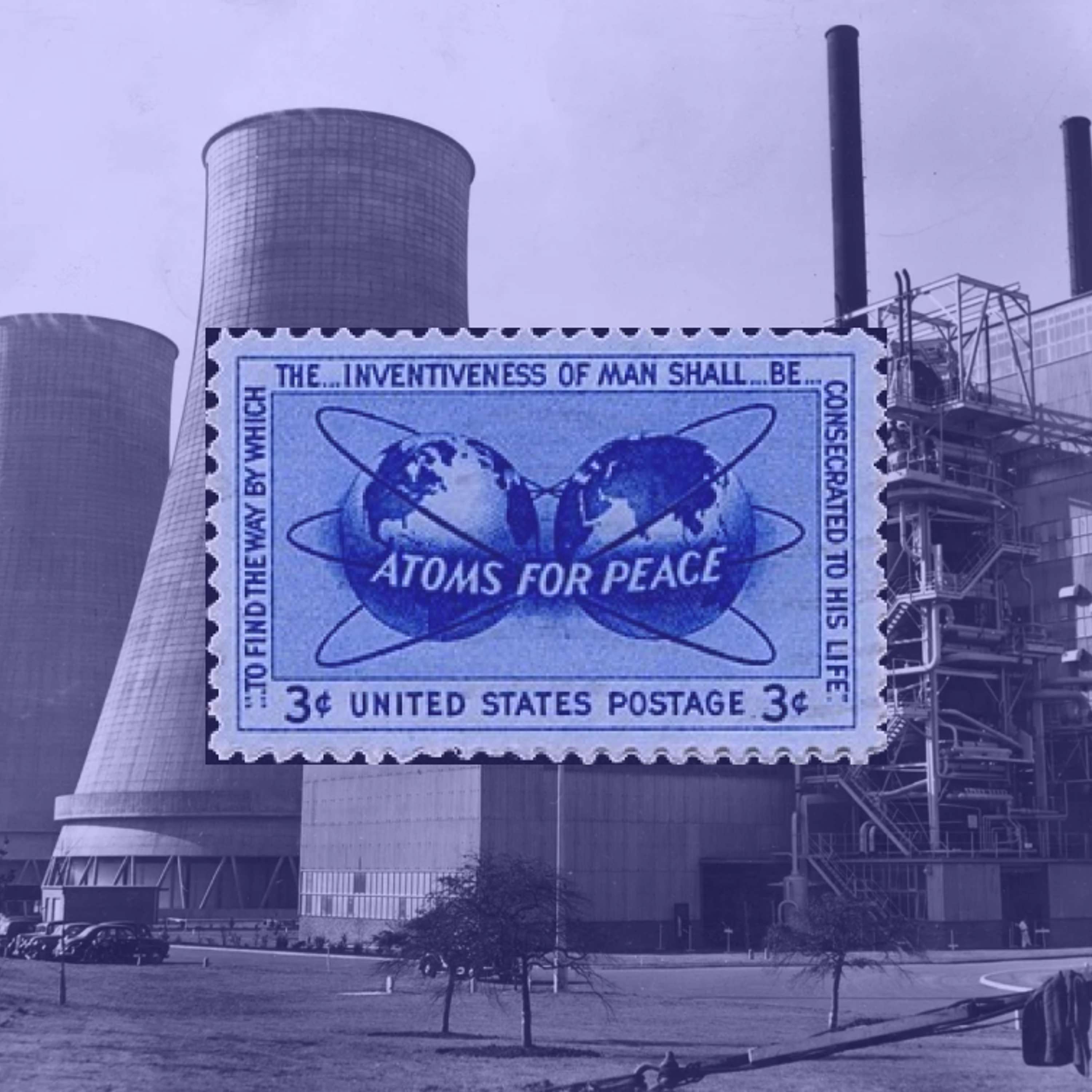
#518 | Atoms For Peace | The Early Years of Nuclear Power

English Learning for Curious Minds
Deep Dive
What was the significance of President Eisenhower's 'Atoms for Peace' speech in 1953?
Eisenhower's 'Atoms for Peace' speech marked a turning point by highlighting the potential of nuclear energy for peaceful purposes, such as generating electricity and powering cities. It emphasized collaboration and knowledge sharing, leading to the Atomic Energy Act of 1954, which allowed the US to share nuclear technology with private companies and allies globally.
How did the 1973 oil crisis impact the global interest in nuclear energy?
The 1973 oil crisis, triggered by OPEC's embargo on countries supporting Israel, caused oil prices to quadruple, exposing Western nations' vulnerability to oil dependency. This crisis spurred a surge in interest in nuclear energy as a stable, independent, and seemingly limitless alternative to oil, leading to increased investments in nuclear infrastructure worldwide.
What was France's Messmer Plan, and how did it shape the country's energy landscape?
France's Messmer Plan, launched after the 1973 oil crisis, aimed to achieve energy independence by building 80 nuclear plants by 1985 and 170 by 2000. This ambitious program transformed France into Europe's largest energy exporter, with nuclear power accounting for around 70% of its energy production, ensuring energy security and reducing reliance on foreign oil.
What were the key concerns raised by anti-nuclear protests in West Germany?
Anti-nuclear protests in West Germany focused on safety risks, such as radiation leaks and accidents, as well as the environmental impact of nuclear waste. These concerns grew into a major movement, leading to the formation of the German Green Party, which became one of Europe's most influential environmental groups.
How did the Three Mile Island incident affect public perception of nuclear energy?
The 1979 Three Mile Island incident, involving a partial meltdown at a Pennsylvania nuclear plant, heightened public fears about nuclear safety. Although no significant radiation was released, the event captured global headlines and eroded confidence in nuclear energy, slowing the construction of new plants in Western countries.
What role did the Chernobyl disaster play in shaping global attitudes toward nuclear energy?
The 1986 Chernobyl disaster demonstrated the catastrophic risks of nuclear energy, spreading radiation across Europe and causing severe health, environmental, and social impacts. It became a symbol of nuclear energy's dangers, fundamentally shifting public opinion and casting a long shadow over the nuclear industry.
Shownotes Transcript
在本迷你剧集关于核能的第一部分中,我们将探讨核能的起源,以及它与核武器一起出现的情况。 了解艾森豪威尔总统如何设想“和平原子”,以及1973年石油危机等政治事件如何将核能推到了聚光灯下。
核动力和武器的共同发展 艾森豪威尔的“和平原子”演讲 核能是如何产生的 核技术的全球合作 1973年石油危机和核能的兴起 法国梅斯梅尔核独立计划 西德反对核能的抗议活动 三里岛事件引发了对核安全的担忧 20世纪80年代核反应堆效率的提高 下一集的预览:切尔诺贝利灾难
---您可能喜欢:🔓 解锁额外剧集、互动式文本、字幕和词汇表📹 了解 Leonardo English 会员内部情况🧑💼 解开商务英语课程的神秘面纱⚡️ 如何像老板一样使用播客学习英语 📧 加入每周通讯✍️ 免费英语语法检查器---关键词:学习英语,词汇,课程,习语,aprende inglés,idiomas,aprender inglês,apprendre l'anglais,imparare l’inglese,ingilizce öğren,英語を習う,تعلم الإنجليزية</context>